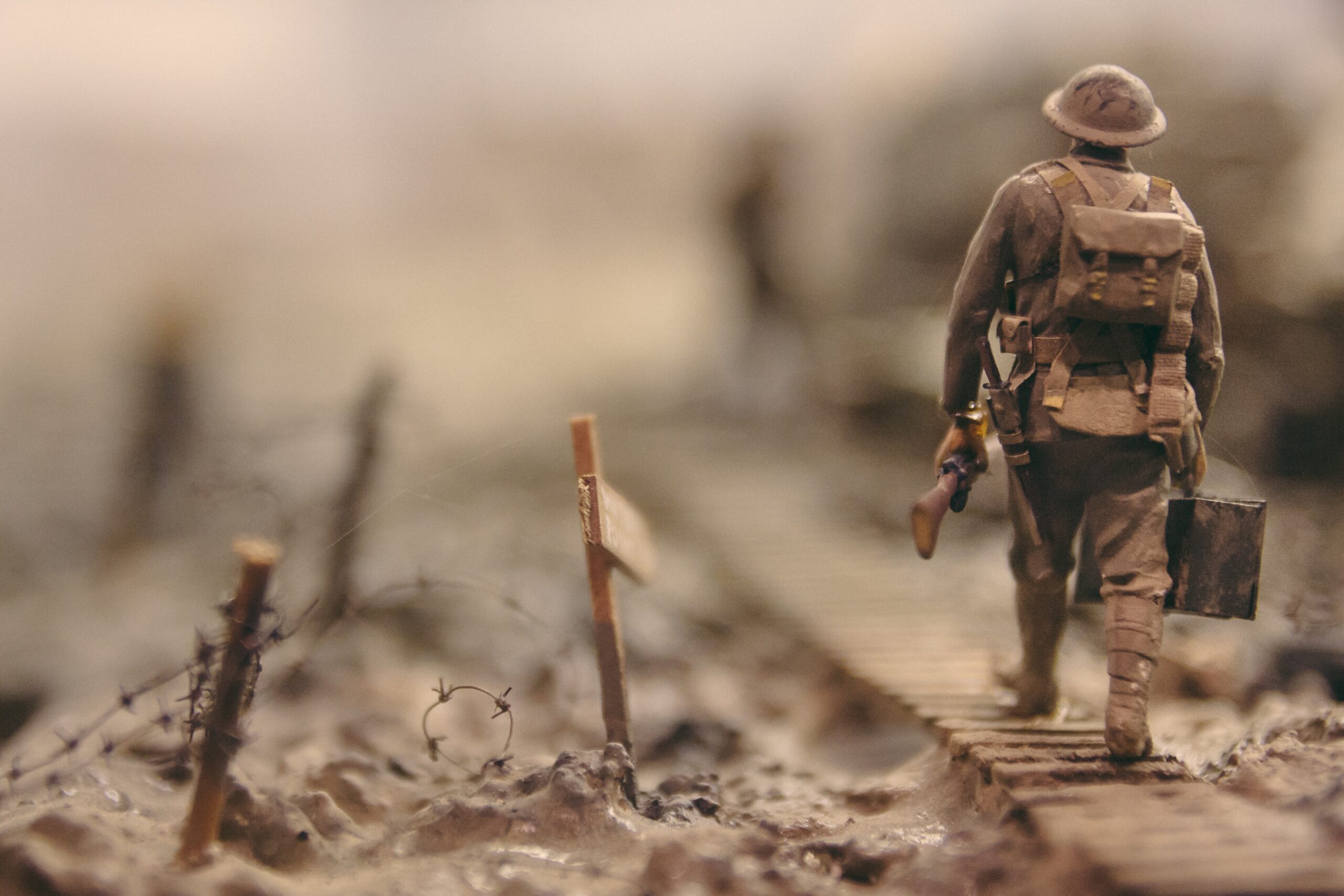While walking back from a delightful lunch with a dear friend today, from a distance I heard the sad sounds of bugles. At the Tomb of the Unknown Soldier, overlooking the oldest part of the city of Brussels, I stopped to attend the commemoration of the soldiers who died in World War I.
With a handful of people I contemplated the millions of men who gave their life because they were ordered to. I used to think their sacrifice was useless, but I recently understood how wars can profoundly change a society. In the case of WWI, all the bloodshed actually helped the rise of women.
In her BBC Reith lecture on Civilians and War, Canadian historian Margaret MacMillan explains how throughout history women have not only been the victims of wars, but active players in them. They followed the soldiers to the battle field and provided them with food and comfort, supplies and medical care, making sure the men could do what they had to do.
Women provide a motif too, ever since the capture of Helen provoked the Trojan Wars. In many wars, including WWI, the propaganda on both sides claimed that the other side was after ‘our’ women. This got the blood up of many a man, but also of women. British women in WWI gained fame for shaming men without uniform by handing them white feathers.

Because of technical innovations like airplanes, machine guns and poison gas, this particular war was of a magnitude never seen before. It sucked all men out of society. As a result women had to man the farms and offices, and work in the factories. They prepared and dispatched suppliesto the front. They looked after the wounded in the hospitals, and protected the elderly and children. They went out to steal food if necessary, and kept morale high by keeping cheerful at home and writing supportive letters. Quoting a woman who wrote in her diary that she no longer had headaches, or fits of crying, because she felt needed, MacMillan states: ” The war gave women a sense of their own importance.”
Without the effort of women this vast, complex war would not have been possible, she concludes. Afterwards this needed to be acknowledged. In one country after the other, women got the right to vote, just to name one result. Some pioneering women had already managed to get access to universities in the 19th century, but after WWI higher education became generally available for women in Europe.
All this went through my mind when the bugle blowers stopped, and uniformed men lowered their flags. ”For your tomorrow, we gave our today,” someone at the rostrum spoke. It gave me goose bumps.

